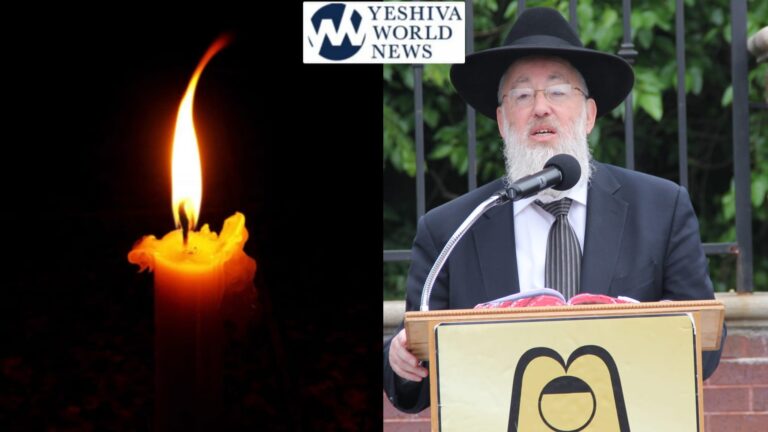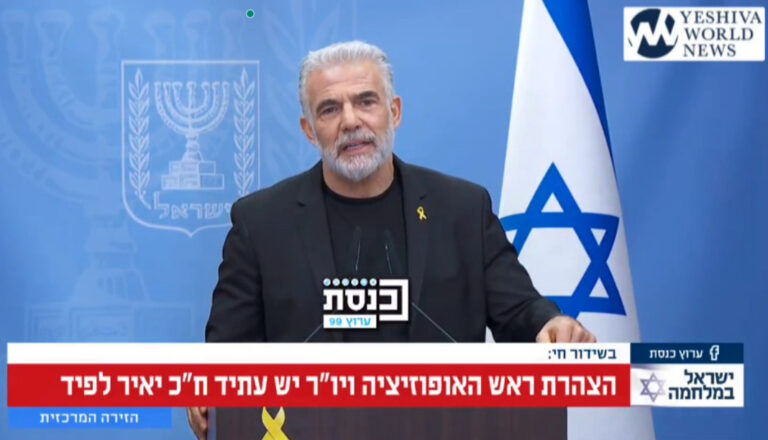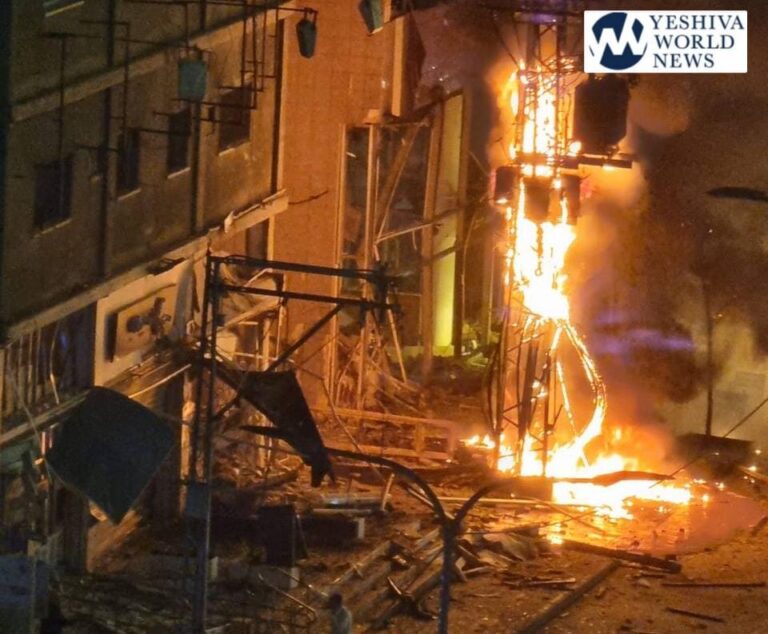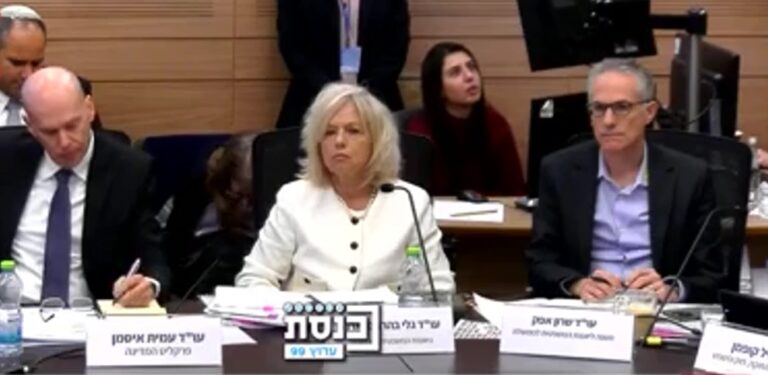 MK (Bayit HaYehudi) Rabbi Eli Ben-Dahan feels that one of the reasons that so many residents feel that Chief Rabbinate and its affiliate local rabbinates don’t provide adequate religious services is because too many rabbonim in cities live elsewhere. Ben-Dahan asked outgoing Minister of Religious Services (Shas) Yaakov Margi how many rabbonim live in cities outside of their rabbinical jurisdiction and how many are disciplined as the law demands.
MK (Bayit HaYehudi) Rabbi Eli Ben-Dahan feels that one of the reasons that so many residents feel that Chief Rabbinate and its affiliate local rabbinates don’t provide adequate religious services is because too many rabbonim in cities live elsewhere. Ben-Dahan asked outgoing Minister of Religious Services (Shas) Yaakov Margi how many rabbonim live in cities outside of their rabbinical jurisdiction and how many are disciplined as the law demands.
The minister explained that regarding the law and taking disciplinary action against such rabbonim, this is not in the parameters of his office so he cannot say with certainty. Margi explained that the Justice Ministry has the authority to take action against such rabbonim, including removal from their state-appointed position.
Margi added that in accordance with a psak Halacha of Maran HaGaon HaRav Ovadia Yosef Shlita, a rav appointed over a city or community must live in that community and one who does not comply, is stealing from the tzibur. The state law also demands that a rav appointed to a certain city/municipality must reside in that same city/municipality and accepting the post is contingent on relocating.
(YWN – Israel Desk, Jerusalem)











7 Responses
Perhaps Israel would be better to adopt the American system in which the frum people pick rabbonim they respect to lead their communities? In Israel the “official” rabbi is a government administrator chosen based on patronage and which party is owed a favor by whom – meaning the “official rabbi” owes his loyalty to the politicians rather than the people he serves.
The American principle of separation of religion and state developed not out of the need to protect the statee from the influence of religion (as the frei Jews often claim), but to protect religion from the state.
The rabbi of a community should feel love for and kinship with the community; a rabbi who despises his community is not there to serve anyone or to accomplish anything other than a paycheck. The Rabbi’s unwillingness to live in the community is just a symptom of the deeper problem.
#1 – As if you didn’t know, the rabbis of the Chief Rabbinate are there to serve ALL the members of the community including, specifically, those without a personal rabbi. Anyone who wishes can ‘opt out’, partially or completely, by choosing a differnt personal rabbi.
#2 – A government rabbi is first and foremost a GOVERNMENT rabbi. He is there to serve the needs of those who hired him – which in Israel is NOT the local population. Any rav who wishes to opt out and keep his integrity and give up the lucrative money he gets (by frum standards), and find honest work.
This is a turf war and nothing else. Those in power and the reformed and conservative wanting to take over.
#3 – That is, unfortunately, the worldview of far too many charedi rabbis (though not all). Hence, the failure of so many of them to even attempt to serve their communities in any meaningful way, which is what is behind Rabbi Ben-Dahan’s Sheilta.
Since a Rabbi requires a salary to do his job, it will never happen that each community can choose their own rabbanim since there are no personal funds available to pay that individual.
For the last few years (or decades) Charedi Rabbanim were chosen as community rabbis and they lived in their own Charedi enclave far from their job. Of course, a relationship with the residents, 24/7 committment and dedication was unheard of.
Some of our most prestiges Roshei Yeshiva, Poskim, Talmidei Chachamim began their careers as Government Rabbis including Rav Zolty, Rav Elyashuv, Chachom Yosef, Harav Mordechai Eliyahu and many others.
There is a Rav in a large Anglo-Chareidi Shul in Ramat Beit Shemesh who does not live in the community, and his Kehila seems to support him in any case. I personally do not think this is right, but that’s just my view, and and as a private, non-government Rav, he is under no obligation to follow this rule. That being said, I definitely do understand the issue Rav Ben-Dahan raises – if a Rav does not need to live with the consequences of his leadership, he would seem to be less invested in the Kehila.
an Israeli Yid